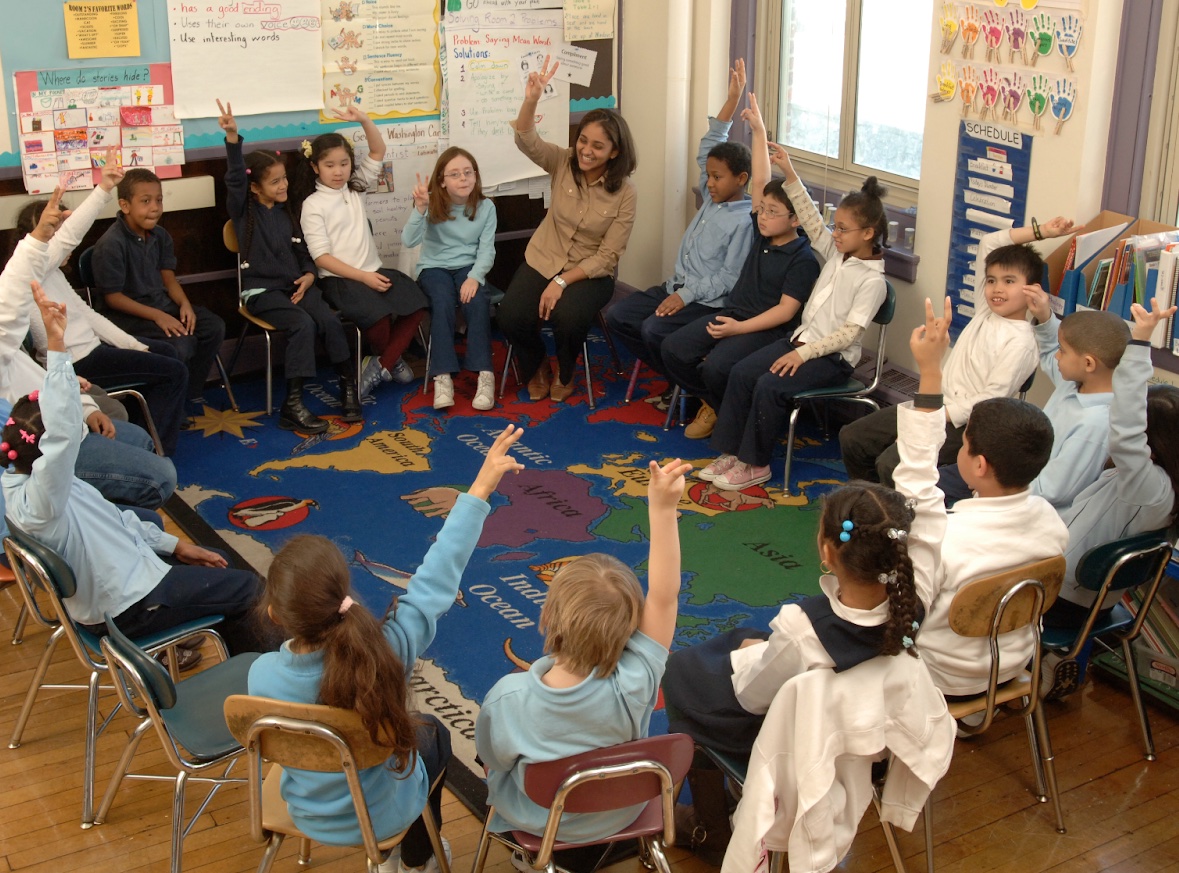Research
Open Circle Research
Open Circle helps children by promoting their health and well-being and contributing to the prevention of violence, truancy, bullying, and drug and alcohol abuse. In addition, Open Circle's curriculum is associated with an increase in attendance, as well with significant gains in student engagement and academic achievement tests.
Open Circle is Evidence and Research Based
Two research studies have demonstrated Open Circle’s positive impact on students’ skills and behavior. The first study found that after receiving one year of Open Circle instruction, both urban and suburban students demonstrated greater social skills and fewer problem behaviors than students in control groups. The largest gains were made by students in urban areas. 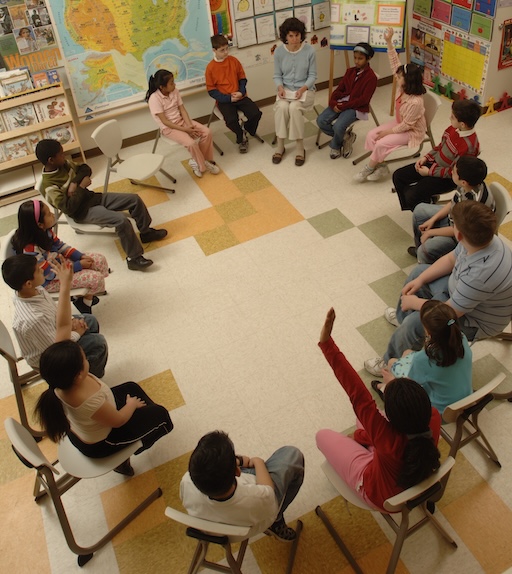
The second study examined middle school students with at least two prior years of Open Circle participation and found that girls showed an increase in self-assertiveness and boys showed higher levels of social skills and self-control and fewer problems with physical fighting.
Open Circle is Nationally Recognized
Open Circle is included on several national lists for its proven effectiveness:
-
2013 CASEL Guide to Effective Social and Emotional Learning Programs
-
U.S. Substance Abuse and Mental Services Administration’s National Registry of Evidence- based Programs and Practices (NREPP)
-
Model Program for the National Dropout Prevention Center
-
Office of Juvenile Justice and Delinquency Prevention Model Programs Guide
-
U.S. Department of Education’s Guidebook for Exemplary and Promising Safe, Disciplined, and Drug-Free Schools Programs
-
Robert Wood Johnson Foundation Prize for Activating Empathy CompetitionResearch and Survey Findings
In 2009, CASEL published a major meta-analysis of 207 rigorous research studies. The studies evaluated over 700x programs serving more than 288,000 children from urban, suburban, and rural schools. The meta-analysis indicated that school-based programs like Open Circle provide massive benefits to students who use them.
The study found that effective programs are usually sequenced, active, focused, and explicit (S.A.F.E.). The Open Circle Curriculum meets CASEL’s “S.A.F.E.” standard with its Sequenced and grade-differentiated lessons, Active learning tools (e.g. role-plays, games), Focused time (two 15-minute Open Circle Meetings per week), and Explicit social and emotional skill development.
For more information, visit www.casel.org.
Research and Survey Findings
Increased Self-Assertiveness, Higher Social Skills, Improved Self Control, And Fewer Physical Fights
Taylor, C. A., Liang, B., Tracy, A. J., Williams, L. M., & Seigle, P. (2002). Gender Differences in Middle School Adjustment, Physical Fighting, and Social Skills: Evaluation of a Social Competency Program. The Journal of Primary Prevention, 23(2), 259–72.
This study assessed the effects of Open Circle on 277 sixth grade middle school students with varying levels of exposure to Open Circle during elementary school. Data collected included students’ self-reports and parents’ and teachers’ perceptions of the children. Social skills were measured using the Social Skills Rating System (SSRS). Middle school adjustment was measured using a modified version of the Survey of Adaptation Tasks—Middle School and addressed issues related to peer relationships, substance abuse, and interpersonal conflict.
The study found positive effects on middle school adjustment for both girls and boys. Middle school girls who had previously participated in at least two years of Open Circle showed a significant increase in self-assertiveness when compared to non-participants. Middle school boys with at least two years of Open Circle participation reported higher levels of social skill and self control and fewer problems with physical fighting.
Improved Social Skills And Fewer Problem Behaviors
Hennessey, B. A. (2007). Promoting Social Competence in School-Aged Children: The Effects of the Open Circle Program. Journal of School Psychology, 45, 349-360.
This study involved 150 fourth grade students and their teachers in eight classrooms at four elementary schools. Four classrooms used the Open Circle and were compared to four control group classrooms that did not use the Open Circle. Participants completed the student version of the Social Skills Rating System (SSRS). Teachers also rated the social competence of students at these same two points in the school year. In the fall, students in the participating classrooms appeared similar – both academically and socially – to those in the control classrooms.
This study found that after one year of using the Open Circle Curriculum, Open Circle participants showed significantly greater teacher-reported improvements in both social skills and problem behaviors than did control group members. Although the largest gains were made by Open Circle students in urban areas, significant positive effects of program participation were shown by all students, regardless of school setting.
SURVEY FINDINGS
Open Circle continually assesses its program effectiveness through training evaluation forms, class and school observations, and surveys of teachers, principals, support staff, and students.

CASEL RESEARCH ON SOCIAL AND EMOTIONAL LEARNING
Durlak, J.A., Weissberg, R. P., Dymnicki, A. B., Taylor, R. D., & Schellinger, K. (in press). The Impact of Enhancing Students’ Social and Emotional Learning: A Meta-Analysis of School-Based Universal Interventions. Child Development.
This meta-analysis of 207 rigorous research studies found that students engaged in evidence- based and well-implemented social and emotional learning programs showed:
-
Increased achievement test scores in reading and math by 11 percentile points;
-
Improved social and emotional skills by 23 percentile points;
-
Improved attitudes about self, others, and school by 9 percentile points;
-
Improved prosocial school and classroom behavior by 9 percentile points;
-
Decreased conduct problems by 9 percentile points; and
-
Decreased emotional distress by 10 percentile points.
Program Overview and Curriculum Implementation
Open Circle is an evidence-based positive behavior, social-emotional and character development curriculum for grades K-8 that teaches students life skills and supports student learning and wellbeing.
Open Circle helps create highly engaging learning environments and teaches students life skills necessary for success in school.
Open Circle offers curriculum and exemplary educator professional training and programming within K-8 school communities. Open Circle creates focused time for teachers to facilitate twice-weekly (daily for the first 2 weeks of school), 15-20 minute, Open Circle classroom meetings using lessons from our Open Circle (K-5) or Circles in Open Circle Curriculum (6-8).
Open Circle Training
School community members can participate in at least one professional development program and parents can also be invited to at least one parent workshop. Open Circle’s training programs are designed to be interactive, participatory, informative, engaging, and fun. Below is a description of Open Circle training programs and services
Open Circle Trainings:
Open Circle (K-5) and Circles in Open Circle (6-8) Grade-Level, Core Teacher Training (3 full days, 24 hours):
- Two consecutive 8-hour training days in the summer
- One 8-hour training day (*For onsite school training this third day can be split into two 3.5-hour after-school sessions)
Specialist, Support, and Out-of-School Staff (1 full day, 8 hours):
- Choice of two 4-hour or 8-hour training day
Administrator/ Community/ Family Overview (1 hour):
- One 1-hour Open Circle Overview
Diversity Statement
Open Circle recognizes the continuous need to adapt and strengthen our programs to reflect the needs of schools within a diverse society. Open Circle continues to grow and adapt to support educators in creating safe and identity affirming spaces for students, while continuing to promote a culturally responsive perspective.
Transformation is embedded into each of our curriculum sections.
Updates in the curriculum and our training to reflect these changes will begin fall 2023 and be ongoing in an attempt to reflect our ever changing landscape both in schools and nationally. Digital citizenship will be a focus, along with additional Open Circle lessons on individual and group identity, perspective-taking, resilience and agency, intent versus impact and collaborative problem-solving. The Open Circle curriculum will be updated to include more comprehensive lessons on identity, diversity, empathy and inclusion. Restorative Justice circles will be introduced to augment collaborative problem-solving and a structure for repairing harm and restoring community.
In order to effectively implement the Open Circle curriculum, it is critical that educators utilize inclusive language, and offer diverse images and materials that can be incorporated and used to augment Open Circle. Educators must remain mindful of the many identities reflected within the classroom community, and offer safe and affirming spaces and voice to those with historically marginalized identities. We encourage educators to continue professional learning to strengthen their own cultural and inclusive teaching practices. 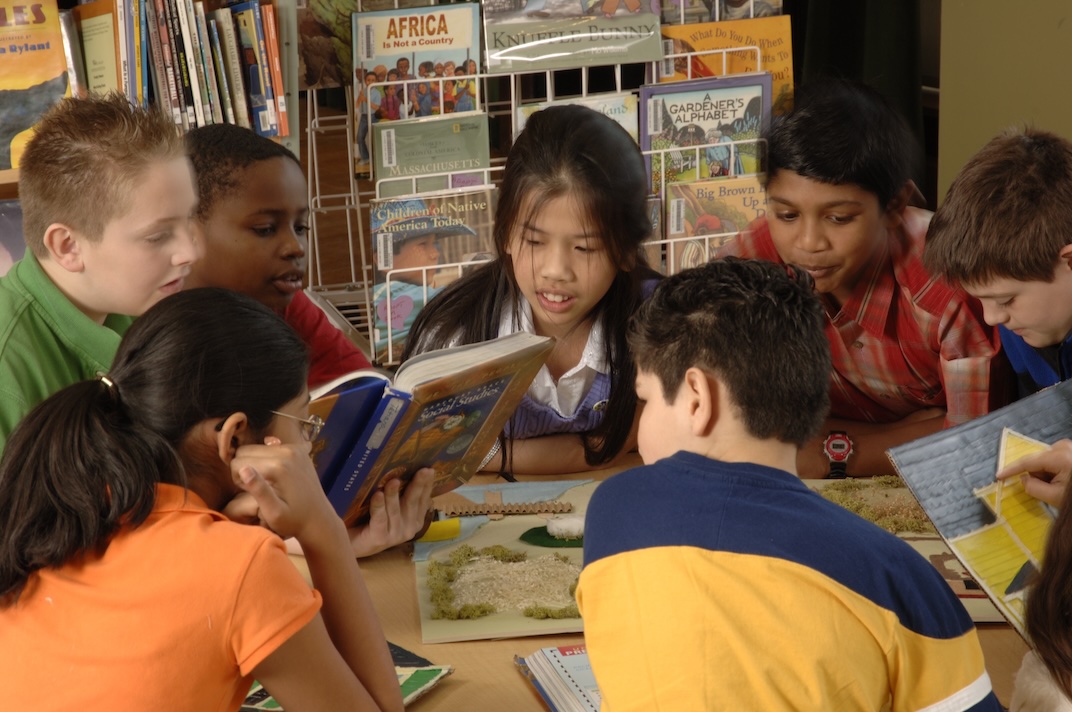
The Collaborative for Academic and Social Emotional Learning (CASEL) provides many additional resources to examine culturally responsive practices, such as the CASEL School Guide.
Among Open Circle’s articulated core values are the values of Identity, and Belonging which are defined as follow and will be added in the introduction of each curriculum and manual:
We understand that in a diverse society there exist multiple dimensions of identity that both connect and separate us. We recognize the power differential, systemic inequities and the impact on marginalized groups in our country. We believe that safe, caring and identity affirming communities in K-5 schools are environments where members actively explore, acknowledge, and honor the complex issues of identity and inclusion, work collectively to address bias, discrimination and oppression in its many forms, and promote value and respect for the inherent worth and dignity of every person.
We consider the dimensions of differences and similarities essential to our work: gender, gender identity, sexual orientation, country of origin, tribal affiliations, differing abilities, religion and spirituality, physical appearance, urban/suburban/rural, race, culture and ethnicity, age, family structure, language, personality, political affiliation, and social class… These dimensions are vast and important for our staffing, our work with educators, and our materials for students and families.
We strive to serve diverse populations. Open Circle actively recruits new staff members and educators who can help further diversify our team. Reach out to us at employment@open-circle.org.
Open Circle: Training
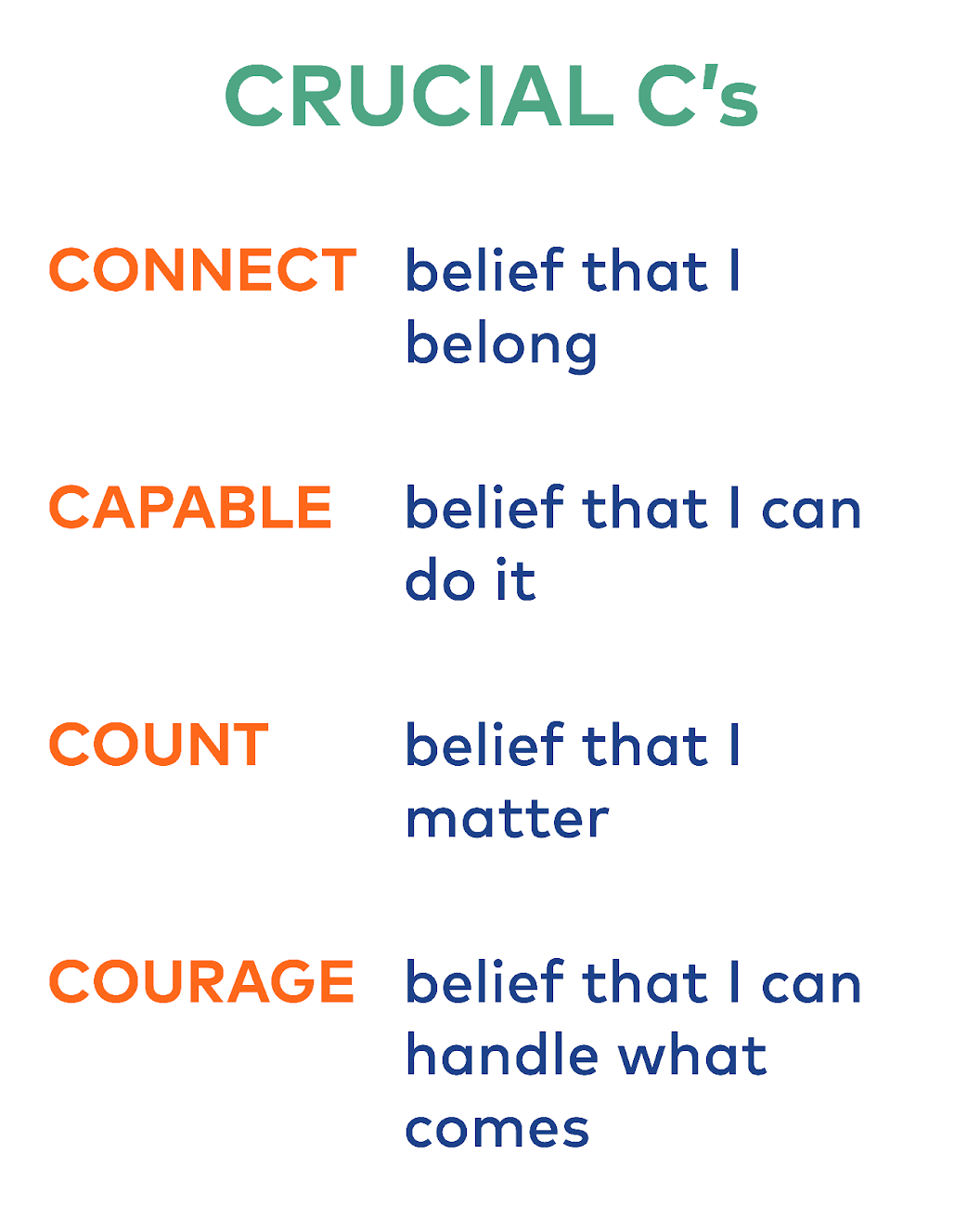
Open Circle is known for designing and delivering engaging and interactive professional development that combines theory, research and the practical experience of educators.
Open Circle curriculum and facilitation training is a three day training that allows educators to experience group development and learn the Open Circle curriculum. Two days are consecutive with a follow up day later in the year for a deeper dive along with reflection and problem solving.
By spacing training days for teachers across the school year, our professional development aligns with best practices in adult learning, enabling multiple cycles of experiential learning, practice, and reflection. 98% of participants agree that Open Circle training not only improves their knowledge and implementation of social and emotional learning, but also enhances their overall teaching practice.
Our programming also extends to Special Subjects, Support and Out of School Staff, along with programming and overviews for Administrators, Families, School Boards, and School & Parent Committees.
Open Circle’s NEW PROGRAMMING includes:
- Expanded programming in grades 6-8, offering Circles in Open Circle with a curriculum for teachers to use during advisory or homeroom and PreK Open Circle lessons.
- Updated programming and manual for Special Subject, Support, and Out of School staff.
- New workshop series for educators in RC and Gratitude and Belonging.
- Open Circle continues to update our K-5 curriculum to address the various experiences and perspectives within school communities while focusing on building character, positive behavior, and life skills and supporting productive and engaged learning in schools.
Current Programming 2025
- Open Circle Programming and Pricing
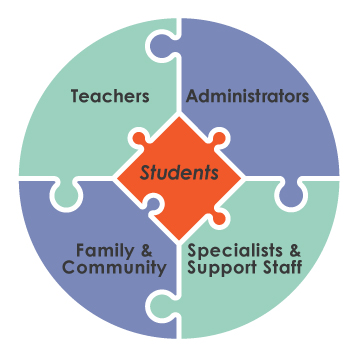
- Open Circle: Virtual Training Series
- Gratitude Lessons
- Meet the Team
- Open Circle Training Descriptions
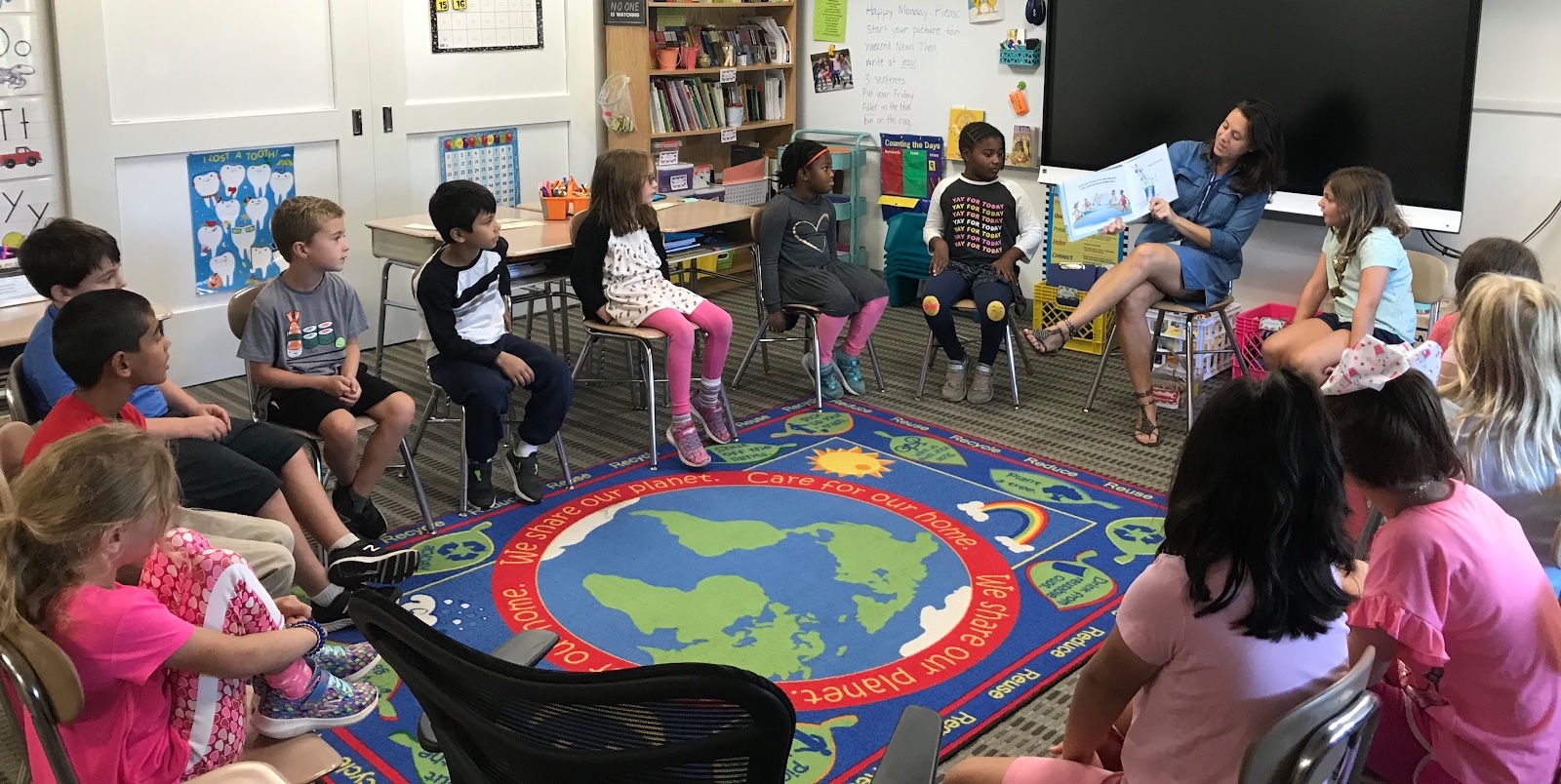
Open Circle provides a model for teaching and learning, positive behaviors, social-emotional life skills, and character development. These life skills are necessary for success in school. Classroom teachers implement the Open Circle Curriculum twice weekly, during 15-minute Open Circle Meetings.
The curriculum focuses on building life skills and creating functional learning communities:
-
recognizing the mutual importance and interdependence of teaching character development, healthy relationships, and interpersonal skills, necessary for life success,
-
fostering positive behaviors, and creating safe, positive classroom environments that support academic success.
Teachers use Open Circle (K-5) and Circles in Open Circle (6-8) lessons to help students develop and strengthen the nonacademic life skills necessary for success in school. Students and teachers sit in a circle where there is always an open space symbolizing that there is always room for one more person to join, or for a different perspective.
The Open Circle Community
Whole schools can be trained in Open Circle’s various components according to their role to reinforce Open Circle skills and foster a sense of belonging and community.
Teachers engage families with home letters (available in multiple languages) about Open Circle instruction.
